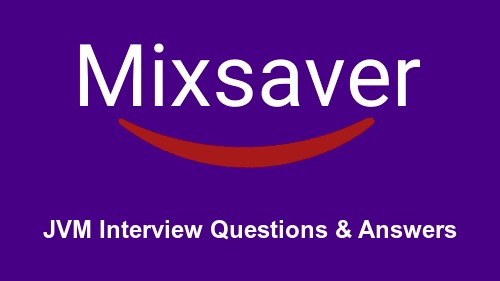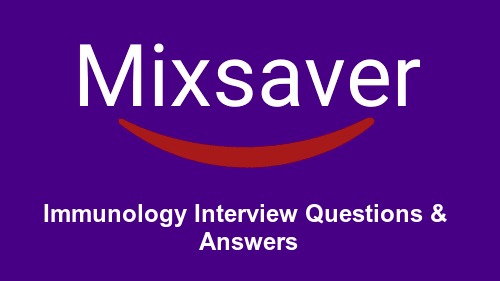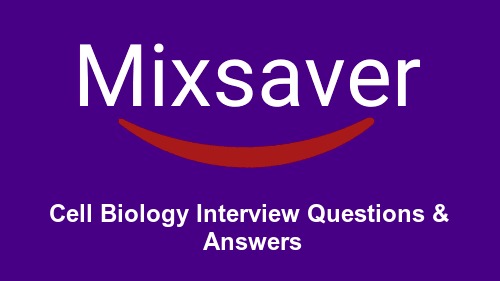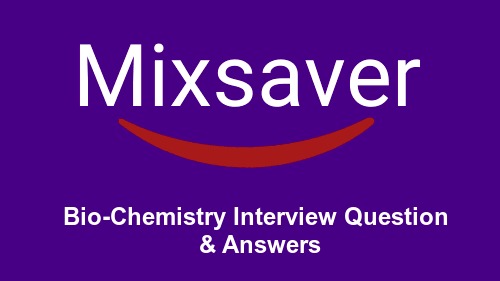1)How can I write a program that takes command line input?
Java programs that take input from the command line declare a special static method called main, which takes aString array as an argument and returns void. The example program below loops through any arguments passed to the program on the command line and lists their values.
2)What does public static void main(String[]) mean?
This is a special static method signature that is used to run Java programs from a command line interface (CLI). There is nothing special about the method itself, it is a standard Java method, but the Java interpreter is designed to call this method when a class reference is given on the command line, as below.
3)Why are command line arguments passed as a String?
Command line arguments are passed to the application's main method by the Java runtime system before theapplication class or any supporting objects are instantiated. It would be much more complex to define and construct arbitrary object types to pass to the main method and primitive values alone are not versatile enough to provide the range of input data that strings can. String arguments can be parsed for primitive values and can also be used for arbitrary text input, file and URL references.
4)Why doesn't the main method throw an error with no arguments?
When you invoke the Java Virtual Machine on a class without any arguments, the class' main method receives aString array of zero length. Thus, the method signature is fulfilled. Provided the main method does not make any reference to elements in the array, or checks the array length before doing so, no exception will occur.
5)Why do we only use the main method to start a program?
The entry point method main is used to the provide a standard convention for starting Java programs. The choice of the method name is somewhat arbitrary, but is partly designed to avoid clashes with the Thread start() andRunnable run() methods, for example.
6)Can the main method be overloaded?
Yes, any Java method can be overloaded, provided there is no final method with the same signature already. The Java interpreter will only invoke the standard entry point signature for the main method, with a string array argument, but your application can call its own main method as required.
7)Can the main method be declared final?
Yes, the static void main(String[]) method can be declared final.
8)I get an exception if I remove the static modifier from main!
The static void main(String[]) method is a basic convention of the Java programming language that provides an entry point into the runtime system. The main method must be declared static because no objects exist when you first invoke the Java Virtual Machine (JVM), so there are no references to instance methods. The JVM creates the initial runtime environment in which this static method can be called, if you remove the static modifier, it will throw aNoSuchMethodException.
9)How can the static main method use instance variables?
For very simple programs it is possible to write a main method that only uses static variables and methods. For more complex systems, the main method is used to create an instance of itself, or another primary class, as the basis of the application. The primary application object reference uses instance methods to create and interact with other objects, do the work and return when the application terminates.
public class SimpleClass {
public void doSomething() {
// Instance method statements
}
public static main(final String[] args) {
SimpleClass instance = new SimpleClass();
instance.doSomething();
}
}
10)main method from another class?
Yes, the main method can be called from a separate class. First you must prepare the string array of arguments to pass to the method, then call the method through a static reference to the host class, MaxFactors in the example below.
String[] arguments = new String[] {"123"};
MaxFactors.main(arguments);
11) Can a method be static and synchronized?
A static method can be synchronized. If you do so, the JVM will obtain a lock on the java.lang.
Class instance associated with the object. It is similar to saying:
synchronized(XYZ.class) {
}
12) What is reflection API? How are they implemented?
Reflection is the process of introspecting the features and state of a class at runtime and dynamically manipulate at run time. This is supported using Reflection API with built-in classes like Class, Method, Fields, Constructors etc. Example: Using Java Reflection API we can get the class name, by using the getName method.
13) Explain working of Java Virtual Machine (JVM)?
JVM is an abstract computing machine like any other real computing machine which first converts .java file into .class file by using Compiler (.class is nothing but byte code file.) and Interpreter reads byte codes.
14) Can I have multiple main methods in the same class?
We can have multiple overloaded main methods but there can be only one main method with the following signature :
public static void main(String[] args) {}
No the program fails to compile. The compiler says that the main method is already defined in the class.
15) When is static variable loaded? Is it at compile time or runtime? When exactly a static block is loaded in Java?
Static variable are loaded when classloader brings the class to the JVM. It is not necessary that an object has to be created. Static variables will be allocated memory space when they have been loaded. The code in a static block is loaded/executed only once i.e. when the class is first initialized. A class can have any number of static blocks. Static block is not member of a class, they do not have a return statement and they cannot be called directly. Cannot contain this or super. They are primarily used to initialize static fields.
16) Can an application have multiple classes having main method?
Yes. While starting the application we mention the class name to be run. The JVM will look for the main method only in the class whose name you have mentioned. Hence there is not conflict amongst the multiple classes having main method.
17) How can one prove that the array is not null but empty?
Print array.length. It will print 0. That means it is empty. But if it would have been null then it would have thrown a NullPointerException on attempting to print array.length.
18) What is the first argument of the String array in main method?
The String array is empty. It does not have any element. This is unlike C/C++ where the first element by default is the program name. If we do not provide any arguments on the command line, then the String array of main method will be empty but not null.
19) What do you understand by casting in java language? What are the types of casting?
The process of converting one data type to another is called Casting. There are two types of casting in Java; these are implicit casting and explicit casting.
20. What do you understand by a variable?
Variable is a named memory location that can be easily referred in the program. The variable is used to hold the data and it can be changed during the course of the execution of the program.
21) What type of parameter passing does Java support?
In Java the arguments (primitives and objects) are always passed by value. With objects, the object reference itself is passed by value and so both the original reference and parameter copy both refer to the same object.
22) What is the difference between declaring a variable and defining a variable?
In declaration we only mention the type of the variable and its name without initializing it. Defining means declaration + initialization. E.g. String s; is just a declaration while String s = new String (”bob”); Or String s = “bob”; are both definitions.
23) What is the difference between the boolean & operator and the && operator?
If an expression involving the boolean & operator is evaluated, both operands are evaluated, whereas the && operator is a short cut operator. When an expression involving the && operator is evaluated, the first operand is evaluated. If the first operand returns a value of true then the second operand is evaluated. If the first operand evaluates to false, the evaluation of the second operand is skipped.
24) What is the Java Virtual Machine (JVM)?
The Java Virtual Machine is software that can be ported onto various hardware-based platform.





